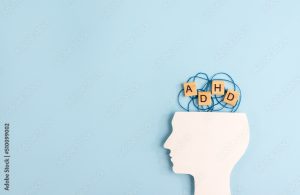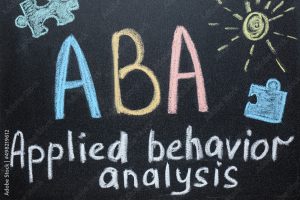What is Autism Spectrum Disorder?
Autism is a neurological and developmental disorder that begins early in childhood and lasts throughout a person’s life. It affects how a person acts and interacts with others, communicates, and learns. The term “spectrum” in autism spectrum disorder refers to the wide range of symptoms and severity.
Symptoms
The symptoms of ASD can vary widely, but they are generally grouped into two categories:
-
Social communication challenges: This includes difficulty in normal back-and-forth conversation, reduced sharing of interests or emotions, challenges in understanding or responding to social cues like eye contact and facial expressions, and difficulties developing and maintaining relationships.
-
Restricted, repetitive patterns of behavior, interests, or activities: This manifests as repetitive movements, speech, or use of objects, inflexible adherence to routines or ritualized patterns of behavior, highly restricted and fixated interests, and hyper- or hypo-reactivity to sensory input.
Causes
The exact causes of ASD remain unknown, but it is believed to be a complex interplay of genetic and environmental factors. Research indicates that there may be many different factors that make a child more likely to have ASD, including environmental, biologic, and genetic factors.
Diagnosis
Diagnosing ASD can be difficult as there is no medical test, like a blood test, to diagnose the disorders. Doctors look at the child’s behavior and development to make a diagnosis. ASD can sometimes be detected at 18 months or younger, and by age 2, a diagnosis by an experienced professional can be considered very reliable.
Living with Autism
Living with autism is a unique experience that varies greatly from person to person. Some people with ASD need a lot of help in their daily lives; others need less.
Therapies and Interventions
There are many types of therapies and interventions that can improve the symptoms of ASD. These include behavioral therapy, speech therapy, occupational therapy, physical therapy, and medication to control symptoms.
Education and Autism
Children with ASD often need special education services and supports in school to thrive. Individualized education programs (IEP) can be helpful in ensuring the child receives a proper education tailored to their needs.
Conclusion
Autism Spectrum Disorder is a condition that affects individuals differently, making their world unique and challenging in various ways. It is important to increase awareness and understanding of autism to promote acceptance and provide adequate support to those on the spectrum. Early diagnosis and intervention are key in helping individuals with ASD to reach their full potential.




